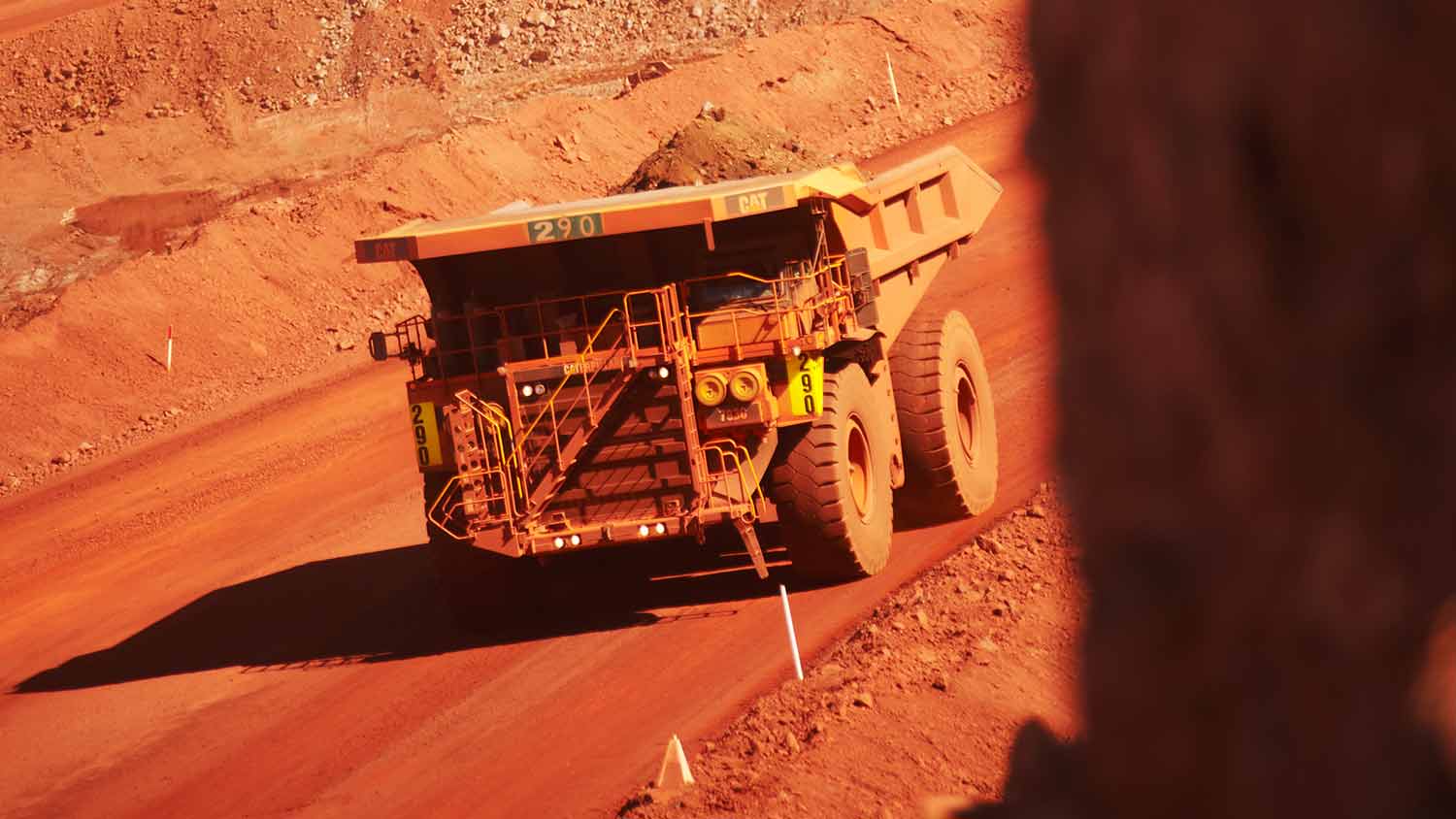S. African mining firms support Gov’t efforts in respect of unclaimed lung disease benefits
Johannesburg, 25 July 2016: The six mining companies which form the Occupational Lung Disease Working Group fully and actively support the work being done by the national departments of Mineral Resources and Health to ensure that former mineworkers are able to claim all the benefits to which they are entitled.
While the Chamber of Mines and the Occupational Lung Disease Working Group are making a substantial contribution to the ongoing efforts to review and redesign South Africa’s existing compensation systems, efforts have also continued to ensure that former employees receive all the benefits to which they are entitled. The mining industry is actively driving a number of projects in this area:
The Former-Mineworker and Making ODMWA Work Projects
The Former-Mineworker and Making ODMWA (Occupational Diseases in Mines and Works Act) Work projects were launched in 2008, in a partnership between the Chamber of Mines, the Department of Health and the National Union of Mineworkers. The aims were to establish occupational health centres at identified government hospitals to provide benefit medical examinations to former mineworkers; strengthening the certification and compensation claims process at the Medical Bureau for Occupational Diseases (MBOD) and the Compensation Commissioner for Occupational Diseases (CCOD); and the promotion of sustainable economic projects in labour-sending areas.
One Stop Centres
The collaboration by the Chamber of Mines and the Occupational Lung Disease Working Group (at the time comprising AngloGold Ashanti, Gold Fields, Harmony and Sibanye) with government and unions led to the establishment of One Stop Centres in Mthatha and Carletonville (opened in 2014). This is an important step in ensuring former mineworkers can easily access compensation benefits by enabling them to be tested for occupational lung diseases and claim appropriate compensation in one place. Occupational Lung Disease Working Group companies continue to fund the staffing costs of the Carletonville One Stop Centre.
Project Ku-Riha
The aim of Project Ku-Riha – set up in 2015 – is to assist the MBOD and CCOD with the finalisation of around 100,000 certified but unpaid compensation claims. These funds were not paid out for a range of reasons, including incomplete information about the claimant, a lack of a bank account or of identity details.
Project 500,000
The Chamber of Mines has funded the data capturing of 500,000 hard copy files from the MBOD offices in order to finalise claims and provide benefits to those eligible for compensation.
Tackling administrative challenges
The Chamber of Mines and the Occupational Lung Disease Working Group have been working closely with the Compensation Commissioner to try to tackle the administrative obstacles faced by the MBOD/CCOD. The Chamber has contributed around R26 million towards tracking and tracing sufferers, administrative improvements, and providing the public health system in labour-sending areas with the capacity to examine for occupational lung diseases and assist with compensation claims. A further R7.5 million has been committed for 2016-17.
A crucial part of the work being done is the capacitation of the existing government compensation structures to deal with a considerable backlog of compensation claims from former and current mineworkers. In addition to funding, the Chamber and the Occupational Lung Disease Working Group have provided organisational, technical and personnel support, including the secondment of a senior manager to act as COO of the MBOD.
The key to successful compensation coverage for all current and future employees is the application of the Compensation for Occupational Injuries and Diseases Act (COIDA) across the board. COIDA is widely acknowledged as a progressive compensation system that is compliant with standards set by the International Labour Organisation. The legal and administrative work is actively supported by the Occupational Lung Disease Working Group.
{{ commodity.name }}
{{ post.title }}
{{ post.date }}




Comments